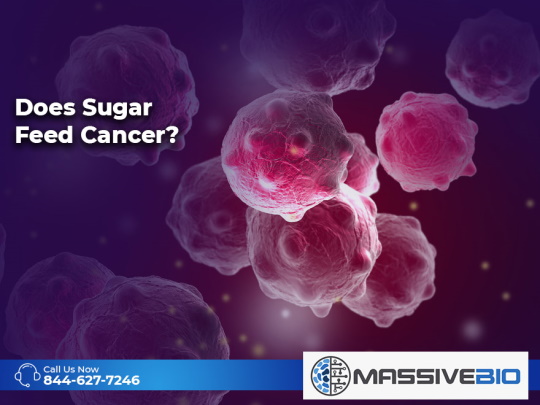Should I stop consuming sugar? Many cancer patients often hear stories that sugar fuels cancer. This causes patients to worry about the amount of sugar consumption in their diets.
Well, does sugar really feed cancer? First of all, while sugar and cell regenerative foods support the repair of normal cells, they do not directly feed cancer cells. The genetics of cancer cells are different, they are cells that rapidly reproduce in our body, with a genetic structure that has undergone a change called a ‘mutation’.
Does Sugar Feed Cancer? Should I Stop Consuming Sugar?
All cells in our body, including cancer cells, use sugar as an energy source. Cancer cells tend to consume more sugar than normal cells. Still, there are no studies that show that consuming sugar makes cancer worse, or that not consuming sugar minimizes cancer growth and symptoms. This information, of course, does not mean that you should eat a diet high in sugar.
A diet high in sugar can lead to excessive weight gain, leading to obesity. Obesity is also known to increase the risk of developing some types of cancer. Sugary foods that are consumed in moderation do not cause weight gain and do not increase the risk of cancer. In fact, some patients who try to eat an overly controlled diet and do not consume many foods for fear of them being carcinogenic, cannot continue their treatment due to nutritional deficiency and a decrease in resistance.
How is Chemotherapy Used to Treat Cancer?
Portion Control is Important in Sugar Consumption
You can consume any dessert you want by applying portion control in your nutrition program. However, there is no harm in making healthier choices. You can talk to your oncologist or a dietitian to identify foods that might be better for you.
Not all sugar is bad. The sugar found naturally in fruits is part of a balanced diet. Other healthy sugar sources include vegetables, whole grain carbohydrates and low-fat dairy products.
There are no scientific studies showing that a sugar-free diet is healthy. The American Heart Association (AHA) recommends no more than 24 grams (6 teaspoons) for women and no more than 36 grams (9 teaspoons) of sugar for men per day.
The Factor of Nutrition in Treatment Success
An adequate and balanced diet during and after treatment:
- Allows you to be strong and energetic
- Controls weight gain
- Reduces complications from treatment
- Reduces the risk of infection
Moreover, it helps you feel better overall.
Various studies have proven that individuals who are well nourished during cancer treatment have much better body resistance. High body resistance is important to combat side effects that develop due to treatment methods such as chemotherapy, radiotherapy, surgeries and biological applications applied for cancer. During treatment, individuals who are well nourished can handle even higher doses of medication.




